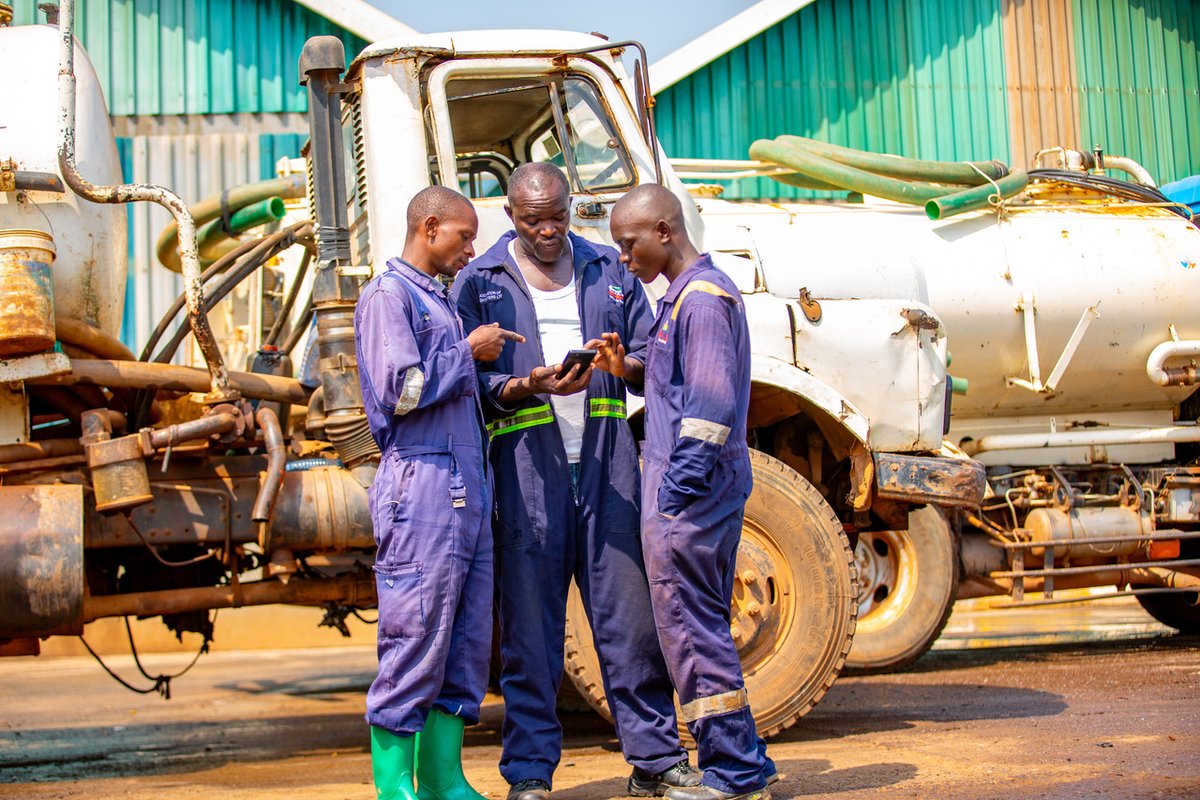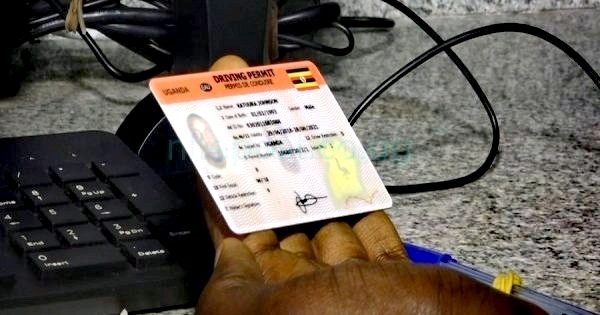The Executive Director of Kampala Capital City Authority (KCCA), Dorothy Kisaka, has revealed that the Weyonje application has created approximately 15,000 jobs, both formal and informal, in Kampala over the past year. The jobs predominantly benefit Kampala residents and include positions such as trainers of pit latrine emptiers, emptiers, and machine operators. Kisaka highlighted the transformative impact of the Weyonje app, a geographic information systems (GIS)-enabled innovation, on sanitation services and public health in Kampala.
Kampala, with a daytime population exceeding 4 million people and 2 million at night, faced a significant sanitation crisis, primarily characterized by the inconsistent, unregulated, and hazardous emptying and maintenance of informal pit latrines. The unregulated practices led to water source contamination and outbreaks of waterborne diseases like cholera, posing serious threats to public health. The Weyonje app, meaning ‘clean yourself,’ was developed to address these challenges by enabling residents to request pit emptying services promptly, ensuring attention to sanitation needs.
The GIS mapping component of the app provides real-time data on the location of pit latrines throughout the city, allowing sanitation teams to plan routes efficiently, prioritize areas with the greatest need, and ensure comprehensive coverage. The Weyonje app initially launched as a large-scale behavioral change campaign has contributed to inclusive city-wide sanitation efforts in Kampala.
During the award ceremony at Serena Hotel in Kampala, Kisaka presented the Guangzhou International Award for Urban Innovation, which recognizes innovation in improving social, economic, and environmental sustainability, as well as good urban governance. The app has significantly contributed to creating a violence-free society and protecting both girls and women.
Kisaka emphasized that health is a priority for KCCA, and Weyonje has been instrumental in ensuring quality health for Kampala residents. The app facilitates the timely control and transportation of human waste and garbage from households to treatment plants. The success of Weyonje is underscored by its impact on employment generation and the improvement of sanitation services in the city.
John Mary Ssebuwufu, the KCCA Lord Councilor from Bukoto II, acknowledged the increase in the number of public toilets to 17 but highlighted the ongoing sanitation challenges. He appealed to the government for increased funding to construct more public toilets, emphasizing the need for proper hygiene and sanitation in the city. Minister Hajat Minsa Kabanda assured that the budget for constructing over 50 public toilets across 99 parishes in Kampala was ready, and work would commence early next year.




















